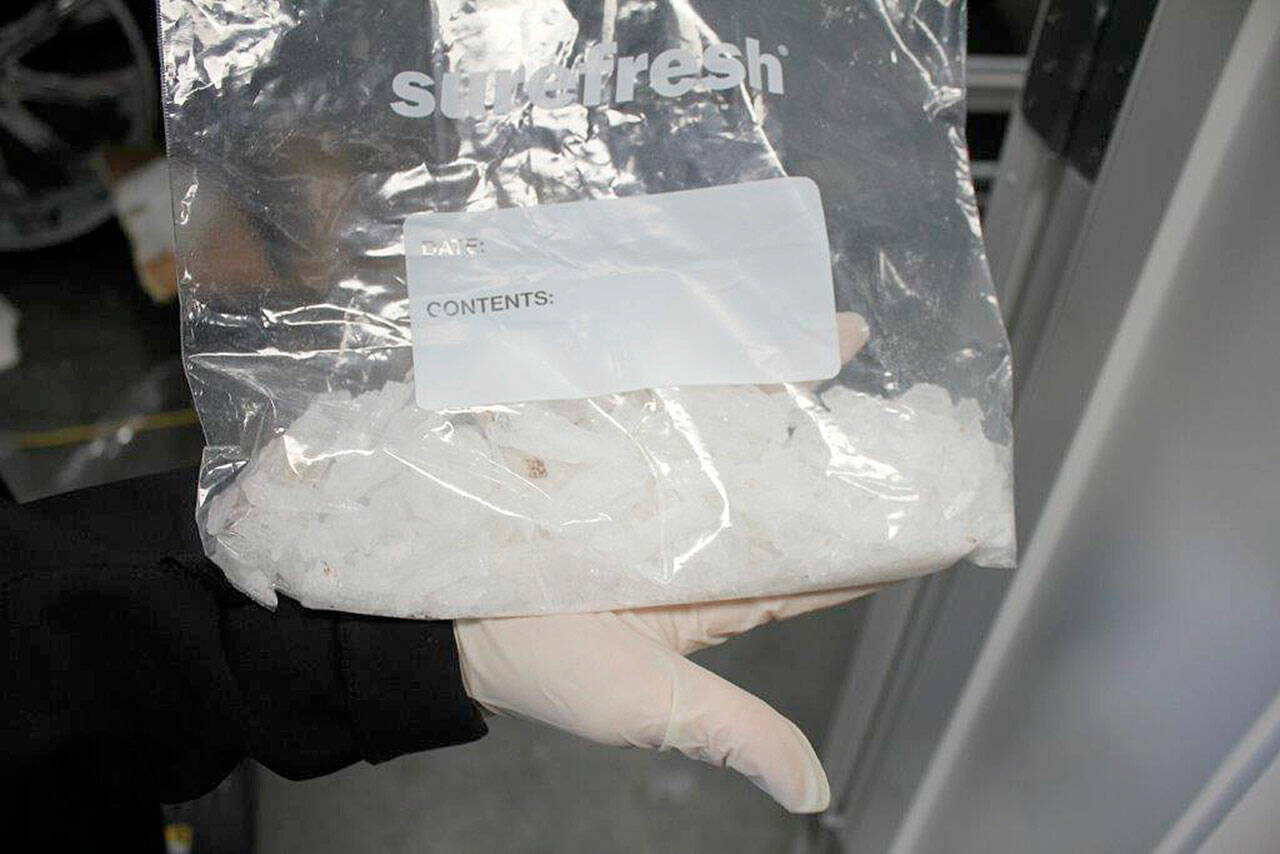At the May 1 council meeting, Auburn Mayor Nancy Backus explained what the state Legislature’s failure to agree on legislation regarding the possession of illegal drugs could mean to Auburn and all other cities in Washington.
If legislators do not reconvene for a special session to identify new drug laws, all drug laws now in place across the state will sunset on July 1, 2023. Backus said.
Should that happen, Backus said, Auburn will have its own laws ready in time to fill the void. She said City Attorney Kendra Comeau is working in concert with surrounding cities to achieve some uniformity between laws now in the making, and has already drafted the necessary language.
“The city of Auburn will be ready, and it will be at our city council probably in late May for a vote in early to mid-June, to be in effect by July 1 when the other laws sunset,” Backus said.
In a 2021 case known as State v. Blake, the Washington Supreme Court struck down a law that made simple drug possession a felony.
In response, legislators passed a stopgap bill that made drug possession a misdemeanor.
The substitute bill that was created to fix the State v. Blake decision would have classified knowing possession of a controlled substance or counterfeit controlled substance as a gross misdemeanor, not a simple misdemeanor, but was ultimately changed in the House back to a simple misdemeanor after passing in the Senate.
After state lawmakers failed late last month to agree on legislation regarding the possession of illicit drugs, they set the countdown ticking on the stopgap bill to July 1.
Among the deadliest drugs within the state and nationwide is fentanyl. According to the Centers for Disease Control (CDC), 110,236 people died in a single 12-month period in 2022, a new record. King County reported 310 deaths tied to fentanyl last year. Last year’s figure was a 65% jump over 2021.
Backus said she expects to meet with mayors in Pierce County on May 3 (after press time) to talk about what a cooperative effort between jurisdictions would look like, and the next day meet with King County mayors, police chiefs and city attorneys to talk about the same idea.
“It should not be different from Auburn, to Kent, Puyallup, to Sumner,” Backus said. “Seattle will probably be different, but it should not be different in the surrounding cities. It should be something that is sensible and holds people accountable.
“I’m a firm believer that it should be a gross misdemeanor for possession and a gross misdemeanor for use,” she added, “not tied together, which would make prosecution difficult.”


